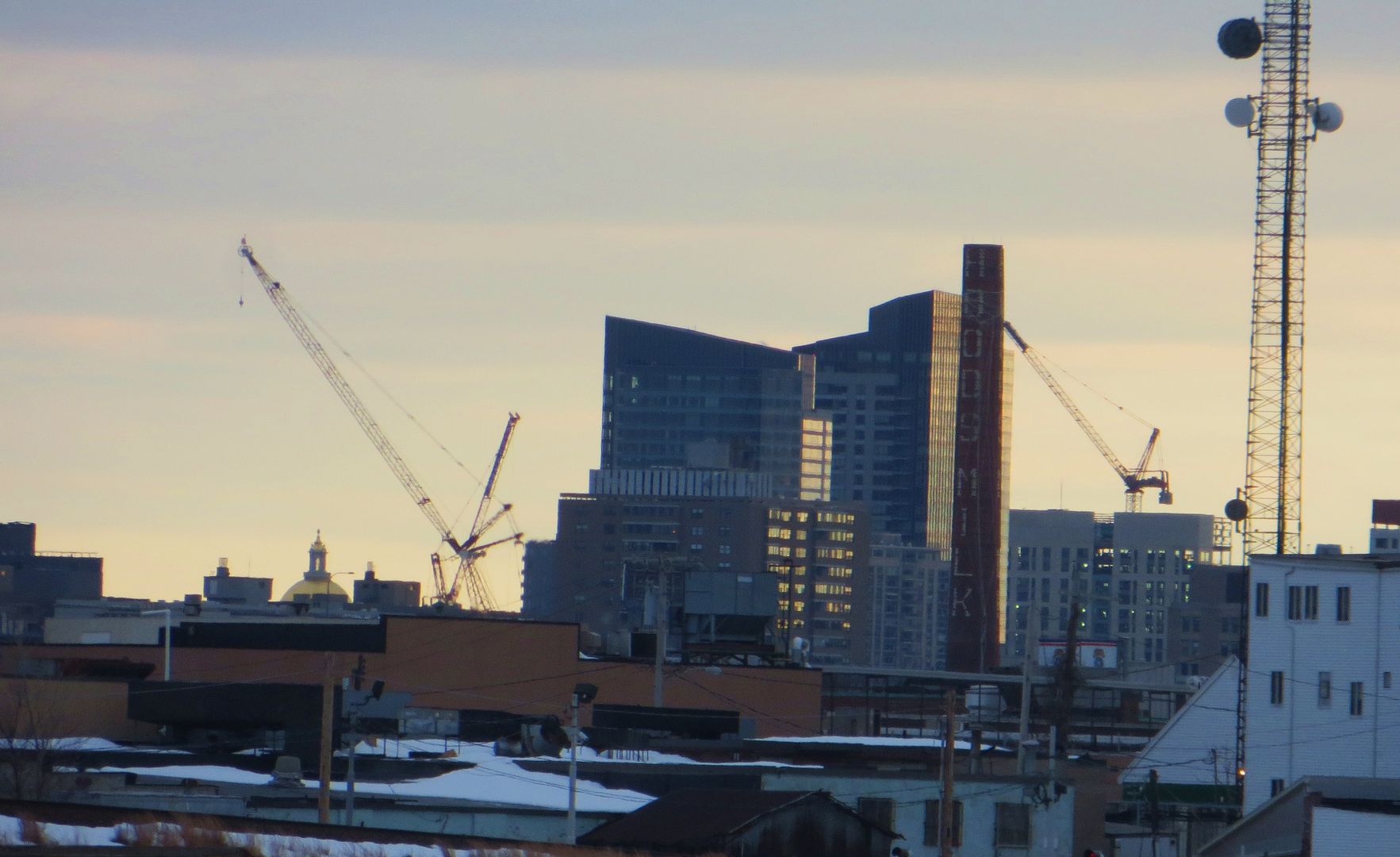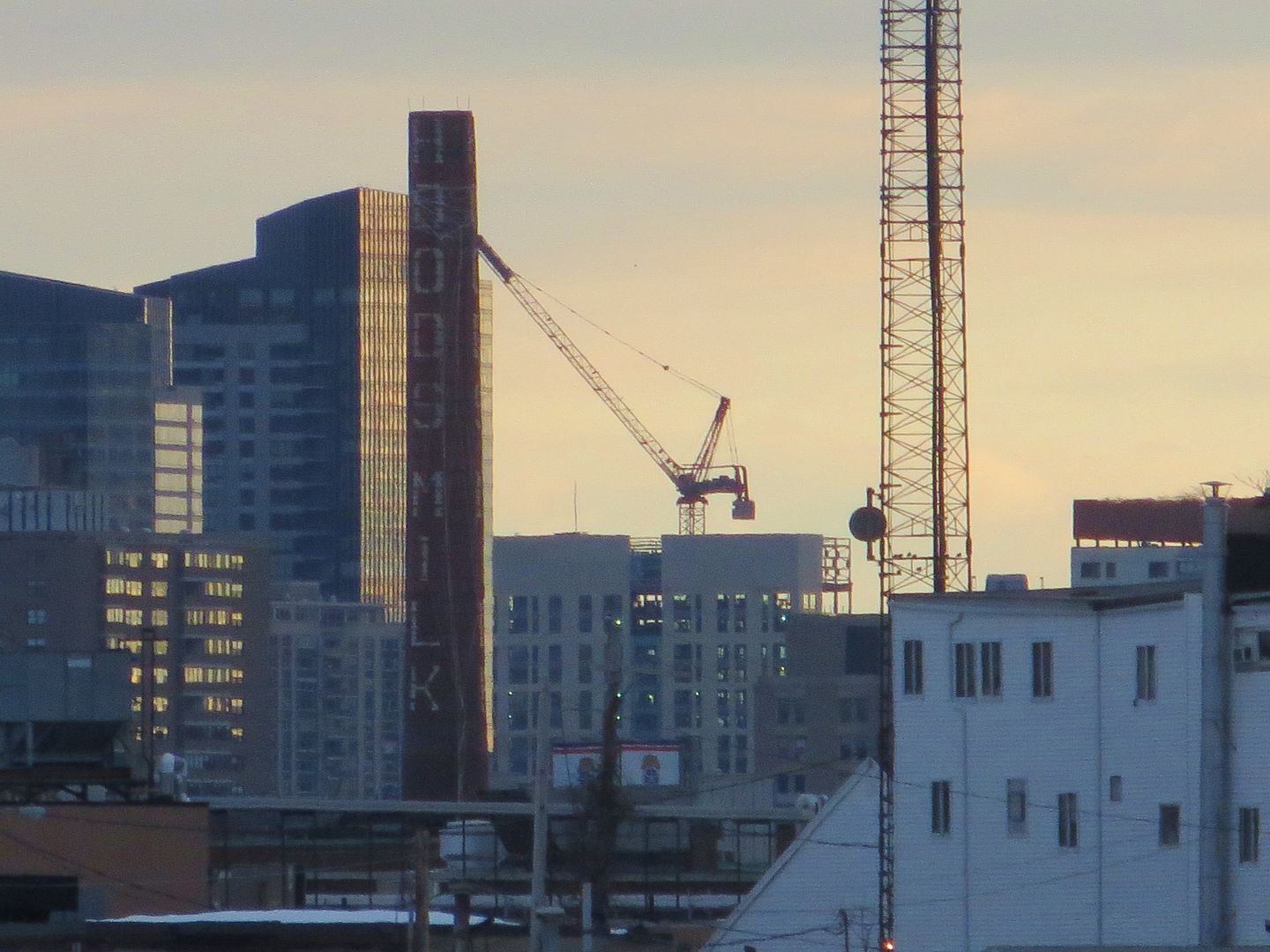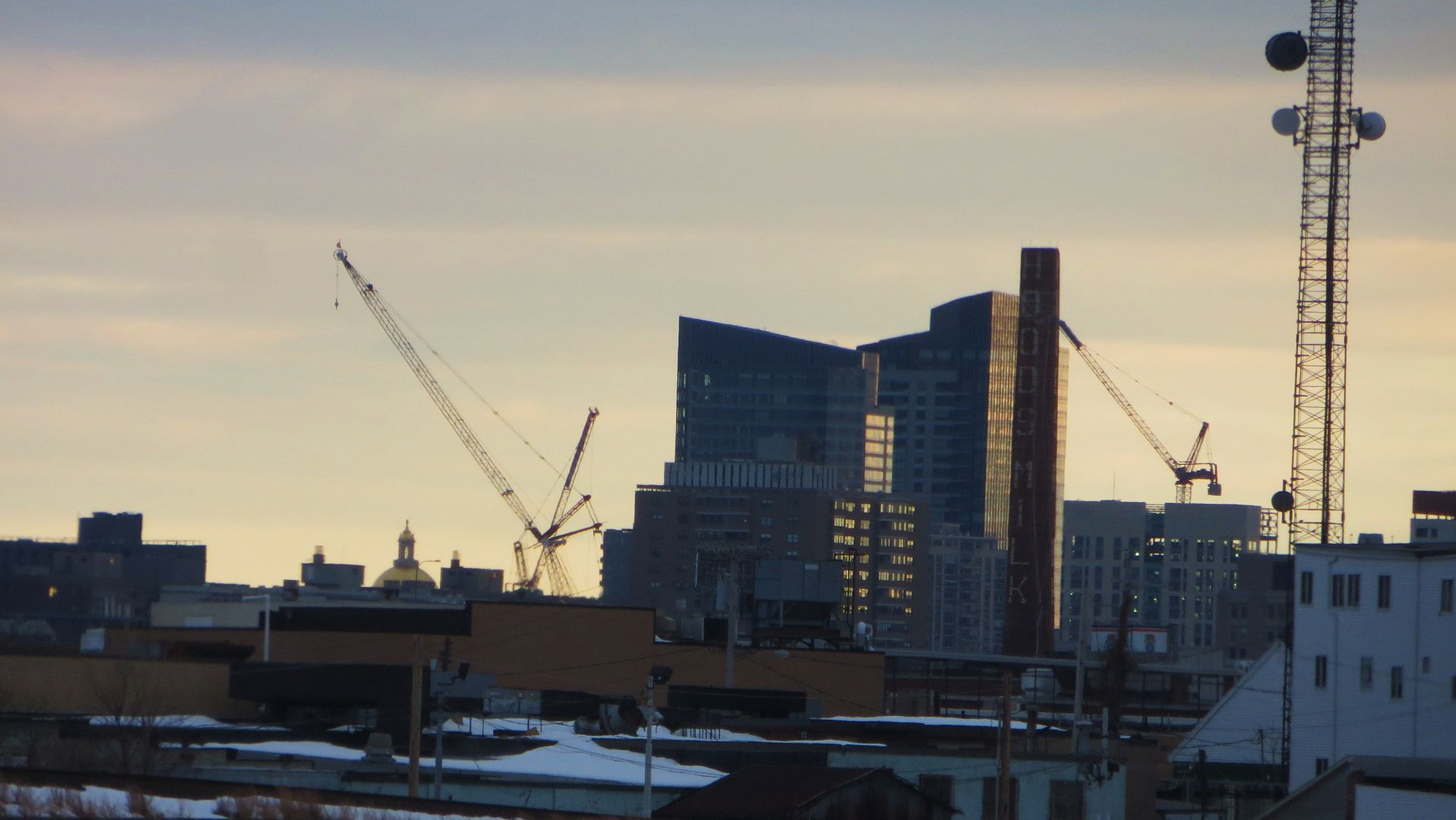Re: Residences at Kensington
Calling Chinatown a slum seems a bit harsh. Its got a true urban vibe for sure, but it's a healthy community by all rights and standards, if a bit run down. Calling it a slum is exactly what got the entire West End wiped out. Like Chinatown, it was a healthy vibrant community full of hard working people living in admittedly tight and run down quarters, but living and taking care of their homes as best they could. It was labeled a slum by the elite and wiped out in the name of progress. While wholesale demolition of that scale will hopefully never be repeated in this city again, it is the mentality that continues to inform decisions to wipe out "blighted" buildings (dainty dot, gaiety, dont forget Shrieve, Crump & Lowe barely escaped the wrecking ball) in the name of progress.
I'm also a bit confused by your distaste for luxury living, yet support for the projects you mentioned, which I believe are all luxury condos. Economics of scale dictate that other then subsidized construction any new tower pretty much is required to be luxury housing, just to pay off construction costs. If you are interested in maintaining or improving the status-quo renovating the existing gaiety building and perhaps building a modest low-rise on the Glass Slipper parcel would have had a greater chance of being affordable to people of more modest means, therefore adding vibrancy while avoiding greater gentrification. For a perfect case study on this, see what happened to Kenmore Square.
My other confusion on that matter is that while yes, the Back Bay and Beacon Hill are mostly enclaves of the uber rich; would you prefer they not live in the city at all, thereby removing their tax dollars and spending habits at the elite restaurants, stores, theaters and cultural institutions? Or should we introduce subsidized housing into these communities instead, basically achieving the same effect over time?
As for theater, if you enjoyed the form there are many, many, many smaller productions whos tickets sell for prices akin to that of the movies, if not cheaper. Sure grand "broadway" style productions and operas are expensive, but they always have been and always will be.
As an aside, if you could find me a sketchy landlord to rent me some space in one of those run-down commercial buildings I would jump into that "slum" both feet first. The coolest housing I have ever seen was at a party down some alley off Essex, up a sketchy back stairway, and into a full floor of an open loft with a bike shop in one corner and bar in the other. It reminded me of the scene in Brooklyn. Honestly chinatown is one of my favorite places, particularly for its collection of grit.
Calling Chinatown a slum seems a bit harsh. Its got a true urban vibe for sure, but it's a healthy community by all rights and standards, if a bit run down. Calling it a slum is exactly what got the entire West End wiped out. Like Chinatown, it was a healthy vibrant community full of hard working people living in admittedly tight and run down quarters, but living and taking care of their homes as best they could. It was labeled a slum by the elite and wiped out in the name of progress. While wholesale demolition of that scale will hopefully never be repeated in this city again, it is the mentality that continues to inform decisions to wipe out "blighted" buildings (dainty dot, gaiety, dont forget Shrieve, Crump & Lowe barely escaped the wrecking ball) in the name of progress.
I'm also a bit confused by your distaste for luxury living, yet support for the projects you mentioned, which I believe are all luxury condos. Economics of scale dictate that other then subsidized construction any new tower pretty much is required to be luxury housing, just to pay off construction costs. If you are interested in maintaining or improving the status-quo renovating the existing gaiety building and perhaps building a modest low-rise on the Glass Slipper parcel would have had a greater chance of being affordable to people of more modest means, therefore adding vibrancy while avoiding greater gentrification. For a perfect case study on this, see what happened to Kenmore Square.
My other confusion on that matter is that while yes, the Back Bay and Beacon Hill are mostly enclaves of the uber rich; would you prefer they not live in the city at all, thereby removing their tax dollars and spending habits at the elite restaurants, stores, theaters and cultural institutions? Or should we introduce subsidized housing into these communities instead, basically achieving the same effect over time?
As for theater, if you enjoyed the form there are many, many, many smaller productions whos tickets sell for prices akin to that of the movies, if not cheaper. Sure grand "broadway" style productions and operas are expensive, but they always have been and always will be.
As an aside, if you could find me a sketchy landlord to rent me some space in one of those run-down commercial buildings I would jump into that "slum" both feet first. The coolest housing I have ever seen was at a party down some alley off Essex, up a sketchy back stairway, and into a full floor of an open loft with a bike shop in one corner and bar in the other. It reminded me of the scene in Brooklyn. Honestly chinatown is one of my favorite places, particularly for its collection of grit.






